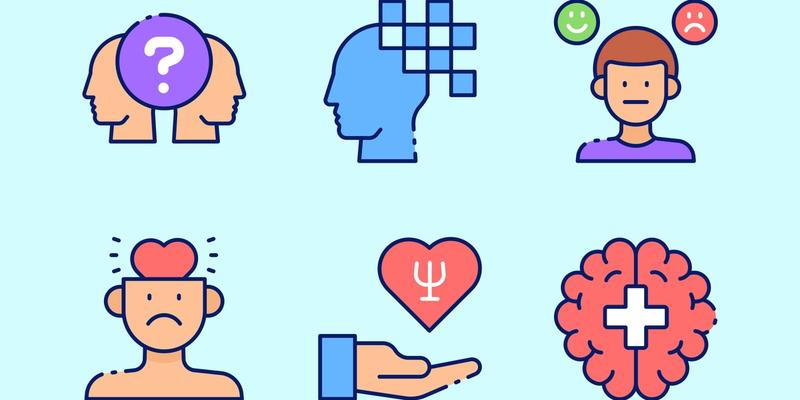
Psychological Safety at AakiTech: Building a Culture of Openness
Psychological safety matters, especially in a startup because startups move fast. At AakiTech, we are learning to pause where it matters. As a small, value-driven team in technology, our mission goes beyond building digital solutions. It includes how we work together to build them. In a high-pressure industry, we have been asking an important question: What does it mean to create a workplace where people feel safe enough to speak up?
Why Psychological Safety Matters
Psychological safety is the belief that you can share ideas, concerns, or mistakes without fear of embarrassment or punishment. It is not just a concept we refer to. It is something we are actively building into our culture.
What It Looks Like at AakiTech
At AakiTech, psychological safety is something we pay attention to on purpose, not just instinctively.
At the end of every sprint, we each take a moment to reflect and vote anonymously using the Team Assessment feature on our Azure DevOps retrospectives board. One of the prompts asks how safe we felt, and whether we were comfortable making mistakes, raising concerns, taking risks, or asking for help.
These votes are not just collected and set aside. We talk about them. If someone felt unsafe or unsure, we listen and try to understand why. These small check-ins help us keep communication honest and grounded in care.
Outside of the tool, psychological safety also shows up in everyday ways. A teammate asking a question without hesitation. Feedback offered with care. Someone feeling encouraged to try something new, even if they are still learning. These moments build trust, and trust strengthens the work we do together.
Culture Starts Now
Many small companies believe culture can wait. Wait for funding. Wait for growth. Wait until there is more time. But we have learned that culture begins on day one.
That is why we talk about our values openly, listen actively, and make room for better questions. We are also unlearning habits that no longer serve us, like staying silent or waiting to speak only when something feels perfect.
Creating a psychologically safe team is not a one-time initiative. It is a practice we come back to every sprint.
What We Are Learning
We are still figuring things out, but here is what we know so far:
- People share stronger ideas when they feel respected
- Speaking up becomes easier when others model it
- Feedback only works where there is trust
- Culture is shaped through consistent practice, not just written values
- Honest reflection, even when anonymous, helps surface what may otherwise go unsaid
To Other Small Teams
If you are building a team, this is your reminder. Do not wait to focus on culture. It is not something to fix later. It is what makes everything else work better.
Start with safety. Make time for reflection. Build the habit early. That is where real collaboration begins.
Psychological safety doesn’t come later - it starts now.
Even small teams can build trust, one habit at a time. We’re learning as we go. Join us.